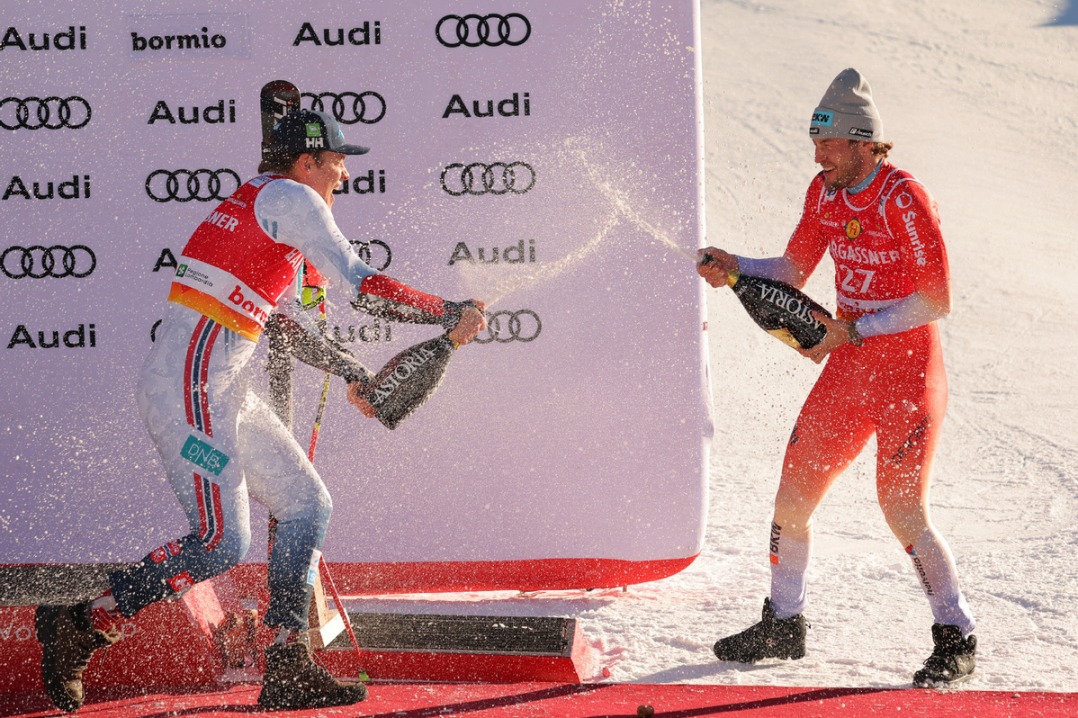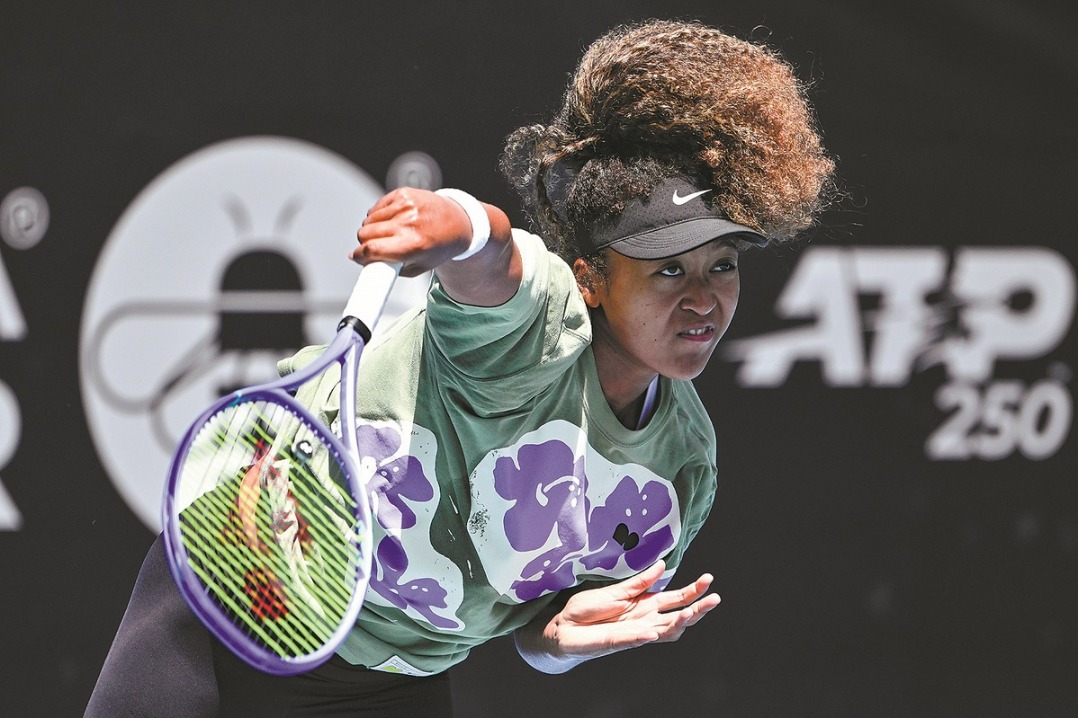Overseas aces making their mark


Chinese-born talents helping their adopted home countries raise their game at Tokyo Olympic Games
Born in China but competing under a different flag, a group of emigrants has navigated through athletic and cultural challenges to realize their Olympic dreams.
In the era of globalization, the Olympic Games is never short of intriguing encounters between athletes born in the same country yet representing different national delegations-a reality that Team China has confronted quite often in its traditionally strong sports, such as table tennis, badminton and diving.
With these sports often producing way more talent than China's national programs actually need, some of those surplus athletes have found that their skills and abilities can benefit their adopted countries.
In table tennis alone, as many as 17 players born and introduced to the sport in China have qualified for the men's and women's singles tournaments at the ongoing Tokyo Games, not including those representing Hong Kong and Chinese Taipei.
Saturday's mixed doubles last-16 match featuring Chinese pair Xu Xin and Liu Shiwen against Canadian team Wang Zhen and Zhang Mo could have been mistaken for a matchup from the Chinese National Games, with players from both sides able to speak Mandarin.
Two women's singles matches on Tuesday will also feature two Chinese stars, top-ranked Chen Meng and third-ranked Sun Yingsha, squaring off against two foreign opponents with Chinese connections-Canada's Zhang and Yang Xiaoxin of Monaco, respectively-at Tokyo Metropolitan Gymnasium.
Although rarely standing a chance of advancing past their all-conquering rivals from their native country, the Chinese-born paddlers still have plenty of incentive to compete with their adopted national programs.
"If I'd stayed in China, I might probably never have the chance to compete at the Olympics because there are way too many talents in the sport in China," German women's player Han Ying said on Monday in Tokyo before facing Australian veteran Hong Jianfang, who was also born in China, in the third round of the singles.
Born in Liaoning province to table tennis-loving parents, Han developed a competitive chopping style of play in the 1990s on her provincial team, but at tryouts for the national program realized she didn't have what it takes to succeed at the very highest level.
She moved overseas in 2002 in search of better career opportunities, and rekindled her career goal of competing at world championships and Olympic Games after being granted German citizenship in 2010.
"As a player good at chopping, I did some trials for the Chinese national program when I was on Liaoning's provincial team. But they had too many choppers already so I never really stood a chance," said Han, who at the Rio Games helped Germany win its first Olympic women's table tennis medal-in the team event.
Most Popular
- Olympic badminton champion Huang to retire from Chinese national team
- A summer of golden memories
- China's Wang, Sun lead ITTF world rankings
- Three more skiers airlifted off 2026 Olympics slope in Bormio
- Ending 2024 on a high, Napoli returns to top of Serie A
- Osaka won't 'hang around' if the results don't come






























